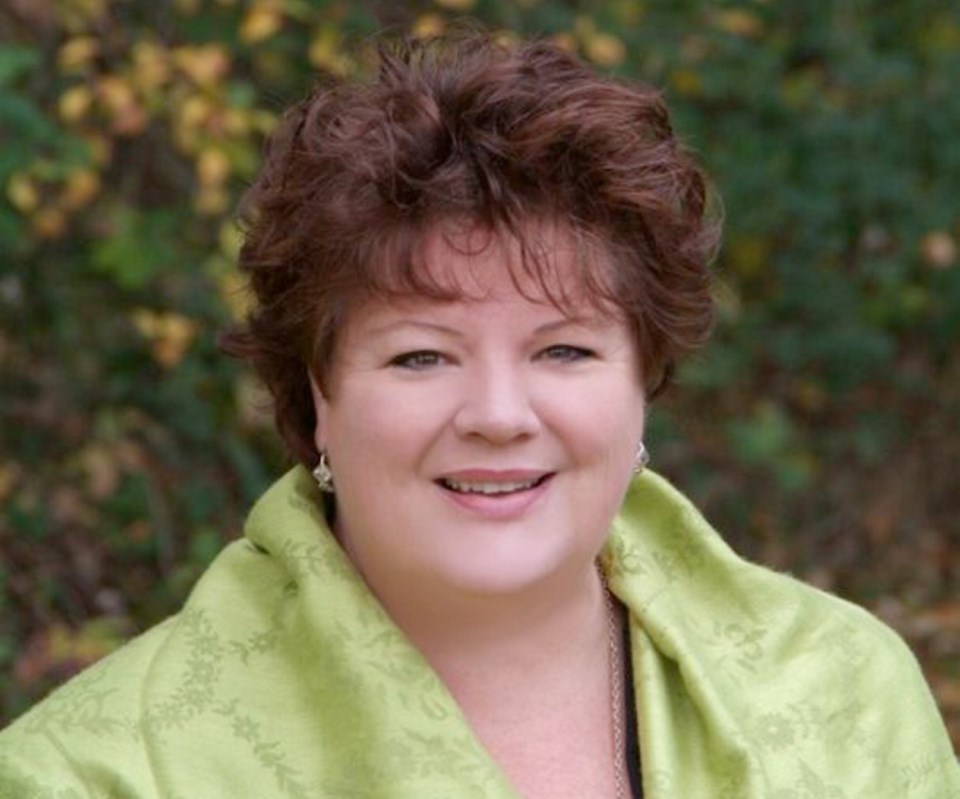An expensive housing allowance for MLAs to purchase second homes, rent condos or stay in hotels while on business in Victoria will be reviewed, says the legislature’s top official.
Speaker Linda Reid said Tuesday it’s a “new day” for financial accountability at the legislature, after she was named Speaker three months ago.
“We’re certainly going to look at it, as new practices come to light, as new understandings about financial accountability come to light,” she told reporters.
“Everything is on the table for further examination, no question.”
Reid was responding to a Times Colonist report that outlined how taxpayers will pay up to $1.1 million for MLA housing allowances in Victoria this year, even though the legislature will only sit for 36 days.
Most MLAs — 42 of 78 eligible — are receiving a $1,000 monthly housing allowance toward their rent or mortgage, which does not require any receipts or proof that the money was spent on housing.
Reid sidestepped a question Tuesday about whether the cash payments could be abused by MLAs, and whether there’s any evidence some of the money is being pocketed by politicians.
“I’m taking a look at all the pieces of the puzzle,” she said, before walking away from reporters.
NDP house leader John Horgan said he supports a review of housing allowances, which were approved years earlier by a different parliament.
“I understand the Speaker is going to take a look at it and I encourage her to do that,” he said.
Another 27 MLAs have chosen to stay in hotels while on business in Victoria, while nine MLAs are submitting monthly receipts to receive $1,583 a month toward rental accommodation in the capital.
MLAs on an all-party management committee briefly discussed the issue Tuesday, as part of a move toward increased transparency and disclosure of politicians’ expenses.
The housing allowances will now be better outlined in new quarterly public MLA expense reports, beginning in October.
Those expense forms will also outline travel by cabinet ministers and expenses by parliamentary committees, MLAs were told.
Politicians also voted to fully disclose how they spend the $119,000 allocated to them each year to run constituency offices, starting April 1, 2014.
“We’re making what appear to be baby steps, I’m sure, to many people,” Horgan said.
“But it’s progress.”
B.C.’s auditor general slammed the legislature in 2012 for shoddy bookkeeping, lax accounting practices and poor record-keeping of MLA and legislative assembly expenses.
But things have improved, and officials from the auditor general’s office told MLAs Tuesday that they were pleased with the new financial reporting methods.
The legislature now holds its management meetings in public, discloses MLA expenses every four months, has overhauled its internal management and is preparing independently audited financial statements.



